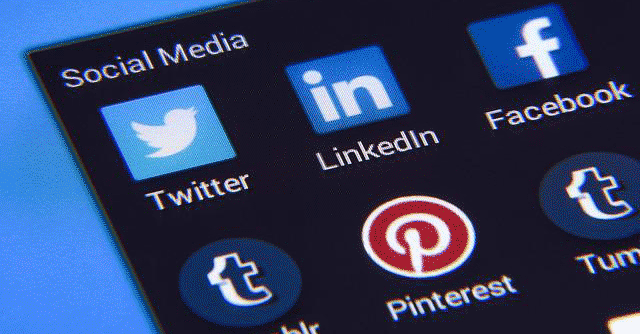
Musk takeover drives Twitter users to explore other platforms


Elon Musk’s acquisition of Twitter has irked many users of the microblogging platform, who are now switching to other social networks with a similar pedigree. A case in point is Mastodon, which has seen over 30,000 new user signups in a single day, according to its chief executive Eugen Rochko. The sudden influx of new users has also slowed down the servers for the nondescript social network.
“Mastodon social is being slow right now, as far as I can tell because there are twice as many people using it at the same time as ever. I'm working on making it go fast again,” Rochko said in a post on Mastodon.
Another social network called CounterSocial is undergoing something similar and is upgrading its infrastructure to deal with it. “Due to an unprecedented influx of unexpected new users, CounterSocial is currently undergoing infrastructure upgrades. We expect to be back around 9 PM eastern time on April 27,” CounterSocial said in a web post.

Christopher Budd, a security and communications expert, is among the many users who have left Twitter for platforms such as Counter Social. “In the light of the recent events, I have gone over to CounterSocial and zeroed out my Twitter account. I disabled Facebook a while ago,” Budd said in a LinkedIn post.
Also read: Musk’s free speech stance can add to Twitter’s woes
“A number of InfoSec folks are going over to CounterSocial. I’m supporting it by paying for it. I like paying rather than ads, data scraping, and algorithm nonsense,” he added.

Launched in 2016 as a decentralised social network, Mastodon, has been in news before in India in 2019 when Supreme Court lawyer Sanjay Hegde announced that he is joining the platform after his Twitter account was blocked.
Unlike Twitter, Mastodon allows users to create and host their private Twitter-like networks called Instances, where the creator can set rules and decide who can be part of the network. Since all networks exist on multiple servers, there is no overarching entity that can target them with ads. Earlier accessible only through a web browser, the Mastodon app is now available on Google Play Store and Apple App Store.
CounterSocial, on the other hand, looks similar to Twitter and claims to be free from bots, trolls, and fake news. It is also ad-free and claims it doesn’t mine or sell user data. However, it has slightly problematic origins. It was founded by an anonymous hacktivist who goes by the name The Jester and is believed to have carried out cyberattacks on WikiLeaks, a former Iranian president, and some Islamist websites. CounterSocial is listed on both Play Store and App Store.

Though Elon Musk has said that his goal is to promote free speech on Twitter, many feel that its pursuit can have negative repercussions for the platform. The hands-off approach to moderation and allowing people to say anything they want in the name of free speech can exacerbate the problem of hate speech and fake news on social networks such as Twitter, experts warned.
The rampant issues with mainstream social networks have forced regulators to pass stricter laws. Last week, the European Union ratified the Digital Services Act to curb misinformation on social networks. These problems have also resulted in the loss of users to mainstream networks. For instance, Facebook lost a million daily active users, according to the company's financial results for the final quarter of 2021.
